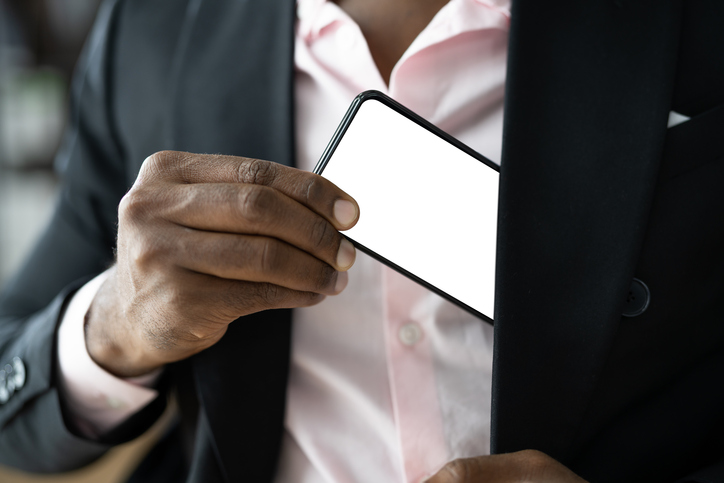Lewis Owen, Associate in our Dispute Resolution team, considers the potential pitfalls involved in recording conversations and using recordings as evidence in civil courts.
These days, everyone has their phone to hand, and it is all too common to see someone record a situation when it turns sour. Alternatively, you may also think about covertly recording a discussion to keep as a record or use it to your advantage. It is easy to assume that anything you record can be used in evidence against your opponent.
But is the use of such recordings permitted in the civil courts?
As with many aspects of litigation, the answer is “it depends”. There is not one single law governing this question and various areas of law need to be considered.
In general, making a recording can give rise to potential liability in 3 main areas, and they all need to be considered when making or seeking to rely on a recording.
(1) data protection,
(2) breach of confidence, and
(3) misuse of private information.
(1) Data Protection
A recording is likely to constitute personal data. If you are a data controller or data processor within the meaning of data protection legislation, then you have obligations under that legislation (primarily the GDPR and the Data Protection Act 2018) to control or process it in a certain way. It is therefore important that you are processing/controlling the data fairly, transparently, and for a legitimate purpose. The strongest “legitimate purpose” is consent, which is clearly not applicable to covert recordings, meaning you would need to rely on another exception such as it being necessary to protect your legitimate interests, such as the prevention of fraud. Meeting these tests is not necessarily straightforward and consideration should be given to taking specialist advice.
(2) Breach of Confidence
You may be liable for breach of confidence if the recorded party can show:
- the information recorded had the necessary quality of confidence – this is objective and normally relatively straightforward (depending on the circumstances);
- the information was provided in circumstances imposing an obligation of confidence – so you must have known, or ought reasonably to have known that the information had been given in confidence; and
- there was an unauthorised use of that information in a way detrimental to the person who originally communicated it e.g. disclosure and its effect.
(3) Misuse of Private Information
Misuse commonly relates to the wrongful publication, or threatened publication, of the personal information, either to ‘the world at large’ or in a way which unjustifiably interferes with an individual’s right to respect for privacy under the Human Rights Act 1998. This could be the case either by disclosure of the recording in court, or more widely by the recorder.
Liability may be established in relation to misuse of private information if the recorded party can show there is a reasonable expectation of privacy in the information concerned. This is a broad test considering the full circumstances of the case (such as the nature of the information, the nature of the intrusion and the potential impact on the recorded party).
If there is a reasonable expectation of privacy, a balancing exercise is conducted involving the competing rights engaged e.g. public interest versus privacy (including those of third parties).
Such claims are therefore highly fact sensitive.
As to (2) and (3), if the recording was confidential, then it stands to reason that using that recording, or even holding it, could give rise to liability.
Can it be used in court?
Where a recording is obtained unlawfully (i.e. not in compliance with the above 3 areas), does that mean it cannot be used? Not necessarily. It does not necessarily follow that unlawfulness renders it inadmissible, although that fact will be a weighty one in terms of the judge’s exercise of their discretion. In each case the question would be whether you could establish the necessary justification for your actions in order to avoid liability (and in the data protection context to get within a relevant exemption). That question is highly fact specific. That being said, in practice, the courts generally look dimly on covert recording. Often it will depend on whether the recording already exists and the purpose for which it was recorded. If you go into a meeting recording someone trying to get helpful information out of them, that might also be in the nature of entrapment, which would be an obvious cause for concern. Therefore, you will always need to consider both the justification and purpose for making a recording and its necessity.
That being said, there are some recent cases that have tended to favour admission. If admitted, the circumstances in which it was obtained will go to the weight, and the court may use costs sanctions as a way of marking its disapproval of material improperly obtained.
Therefore, in summary, extreme caution is advised when considering making or seeking to rely on an unauthorised recording. This is a complex area, and it is important to always consider the purpose of the recording, justification and its necessity carefully, and we recommend seeking professional advice prior to making or using recordings in civil proceedings.
If you have any questions or would like to discuss this with us, please contact our Dispute Resolution team.

